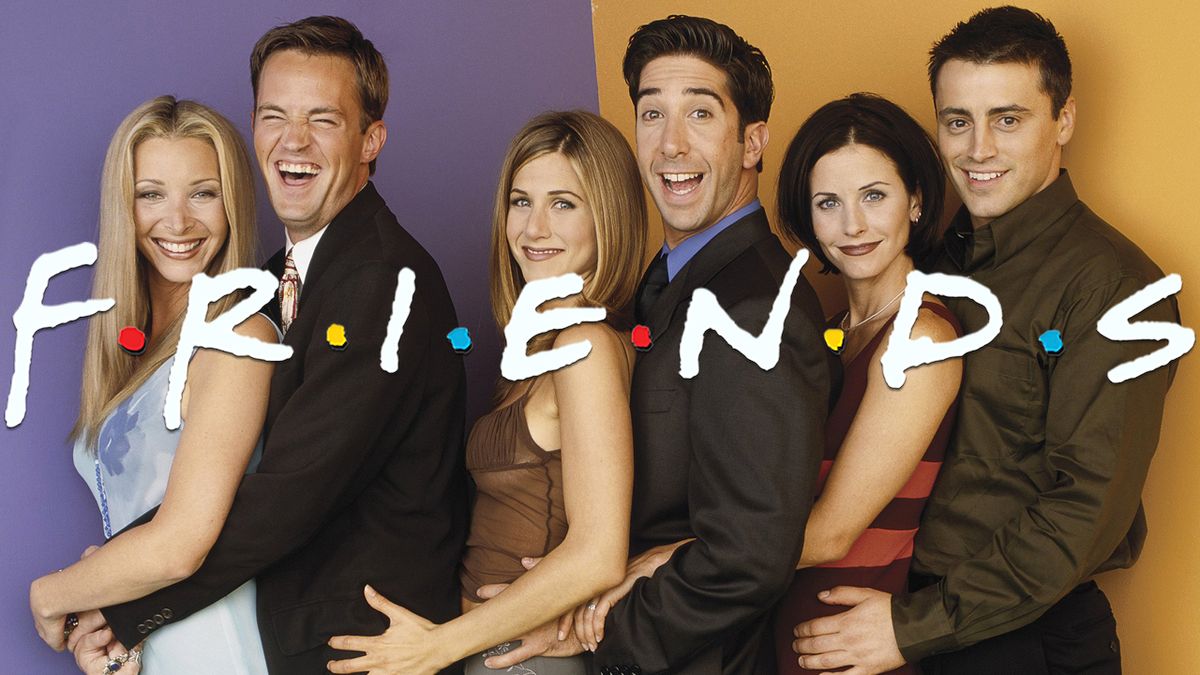Many of us are familiar with the popular ‘90s sitcom, Friends. It is a comedy about six White, straight best friends who live in New York and the integration of their lives as they struggle through relationships, jobs, fights, children, and other dramatic experiences. As a fan of the show, I can say it is very funny and entertaining when you need a laugh. However, as you may predict, the show also contains many problematic themes that are hard to miss when examining the show’s content with a critical eye. For the sake of this project, I will focus on just one problematic theme that is evident across the entire show: the transphobia and stigma around trans people.
There is one main trans person that is featured in the show and that is the father of Chandler (Chandler is one of the six best friends) who has come out as a transwoman. During the entire show, Chandler is mocked by his peers, even his close friends, for having a father that is not a man. He claims that he has been traumatized by the experience of witnessing his father, Helena Handbasket, transition into becoming a woman and instead of receiving proper help or communicating with his father, Chandler uses his experiences for comedic purposes, and his trauma is a running joke. Additionally, when Chandler and his friends are around his father, they act as if she is some type of character, not a person. When they speak about her, they use he/his pronouns at times, and the phrase “gay dad” at other times, completely disregarding her preferred pronouns.
I would argue that the obvious issue concerning transness in Friends is a direct result of clashing identities between straight men/women and a transwoman. The interactions between the straight best friends and a trans woman was something new to them, and it was difficult for the friends to interact respectfully. During the ‘90s, the straight friends were in a place of privilege and failed to put themselves in the shoes of a trans woman. The overall production of this sitcom always reminds me of Spivak’s concept of the subalterns and the lack of voice subalterns possess. Friends was produced and released during a time in which producers were less educated on transness and representation in pop culture, and while this is no excuse, I feel as though they did not know how to handle this theme. The subalterns in this example are trans people who were left out of the conversation regarding the production of this show. Their exclusion from the discussion is evident considering the transphobia and offensive content in the show. Even the woman portraying Chandler’s father is a ciswoman which further proves how trans people have been positioned as the subalterns.
From this show’s content, I don’t think the creators were trying to be offensive on purpose, but their lack of education on the topic was surely evident and as a result, their show displayed problematic themes. While the content in Friends doesn’t completely deserve to be celebrated, I think we can examine the sitcom with a critical eye so as to understand how certain time frames and identities shape certain content and how important it is to avoid creating a subaltern group.


